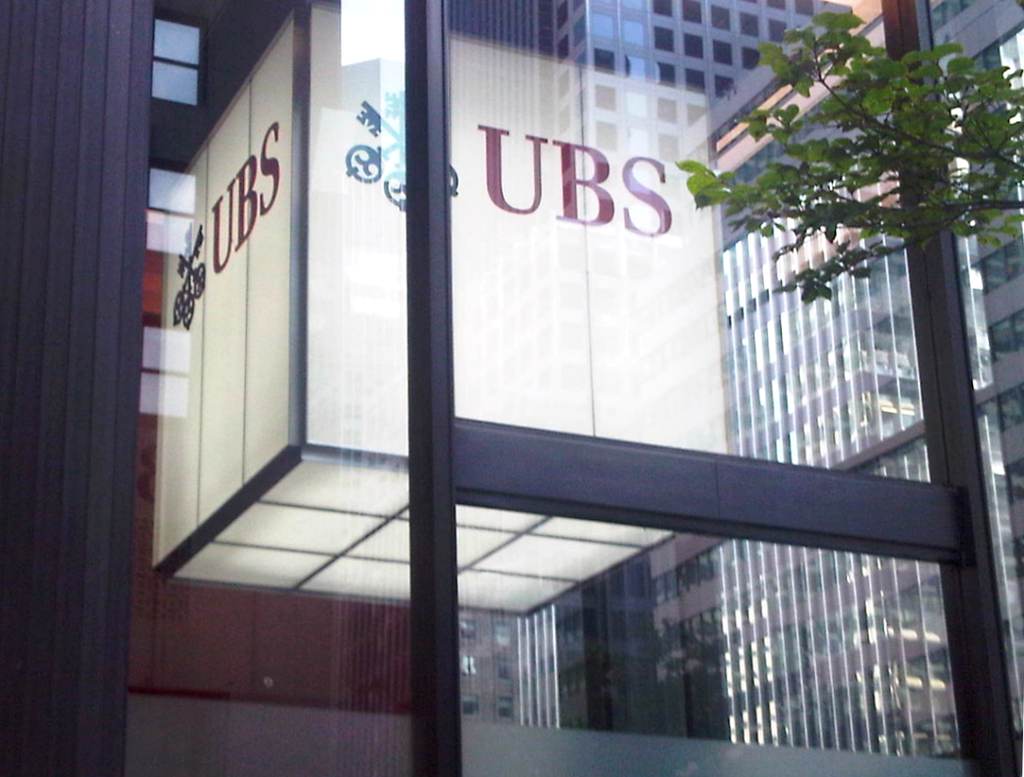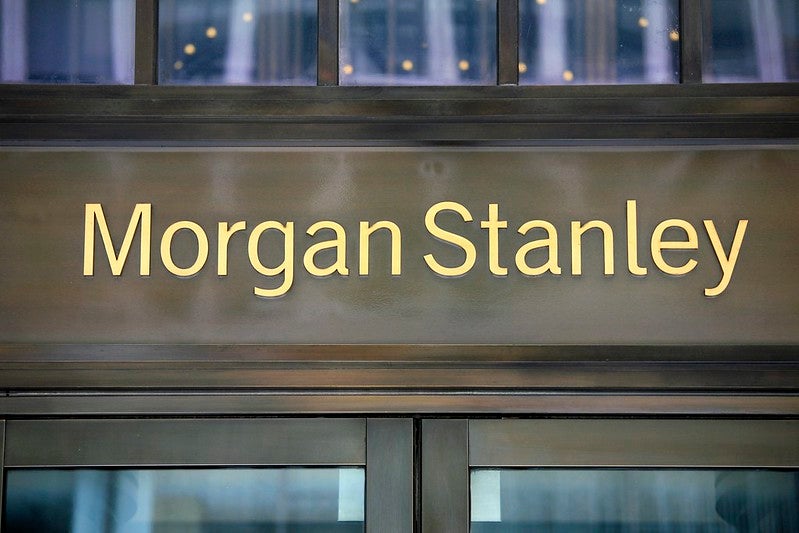 Morgan Stanley-Smith
Morgan Stanley-Smith
Barney (MSSB) has edged past UBS to become the world’s
second-largest wealth manager.
Deutsche Bank’s purchase of Sal Oppenheim has lifted it into the
top five of Private Banker International’s Global
Index.
Improved first quarter figures for
both Bank of America/Merrill Lynch and UBS suggested the big
players were returning to health.
PBI’s analysis of company
half-year results, however, shows the larger wealth managers
continue to bleed client assets when compared to this time last
year.
Wrangling with US tax authorities
over the details of 4,450 clients based in Switzerland has stung
UBS particularly badly.
This suggests the wealth field will
continue to bunch as small and mid-sized private banks, which have
benefited for two years from the outflows of the bigger players,
continue to push their case at the expense of their larger
rivals.
How well do you really know your competitors?
Access the most comprehensive Company Profiles on the market, powered by GlobalData. Save hours of research. Gain competitive edge.

Thank you!
Your download email will arrive shortly
Not ready to buy yet? Download a free sample
We are confident about the unique quality of our Company Profiles. However, we want you to make the most beneficial decision for your business, so we offer a free sample that you can download by submitting the below form
By GlobalDataMSSB, Credit Suisse, HSBC and
Barclays all made gains of between 3-9% compared with the first
half of 2009.
MSSB rise, UBS
slide
The rise of MSSB and demise of UBS
is the key change in the rankings. UBS remained in second position
holding off the fast-charging Morgan Stanley up until the 2010
second quarter.
The US bank’s AuM jumped when it
bought Citi’s Smith Barney brokerage division in the first quarter
of 2009. MSSB’s client assets were $1.5 trillion for the first half
of 2010, a 6% gain on the first half of 2009.
In the second quarter of 2010,
MSSB’s global wealth management had pre-tax income from continuing
operations of $207m compared with a pre-tax loss from continuing
operations of $71m in the second quarter of last year.
Bank of America-Merrill
(BofA-Merrill) retained top position as the world’s largest private
bank despite dropping 3% to $1.76 trillion when compared to the
half year stage last year. Merrill Lynch’s AuM included the former
Columbia Management long-term asset management business which was
officially sold on 1 May 2010.
UBS slows asset
outflows
UBS’s client asset outflows
contributed to its fall. Outflows of CHF5.5bn ($5.29bn) for its
Wealth Management and Swiss Bank divisions and CHF2.6bn for Wealth
Management Americas in the second quarter, compared with outflows
of CHF8.2bn and CHF7.2bn in the first quarter respectively.
Invested assets – the most commonly
quoted figure for AuM at UBS – dropped 3% to $1.48 trillion
compared to its half year results in 2009. UBS reported AuM of
CHF1.61bn in the second quarter of 2010 down 4% from 1.67bn in the
first quarter, when its wealth management divisions are
combined.
UBS’s client loss are also
connected to its ongoing wrangles with the US Department of Justice
and Securities and Exchange Commission over the names of 4,450 US
client accounts UBS holds in Switzerland. US authorities have
pursued the details for tax reasons.
The Swiss bank said it expects the
matter to be resolved by October. Whether this settlement will be
enough to stem the outflow remains a key question.
Deutsche’s dramatic
leap
Deutsche Bank’s dramatic leap is
the other big change in the Global Index. It moved it from ninth to
fifth position, helped by a 62% surge in assets under management
(AuM) compared with its first half results for 2009.
The rise knocked HSBC out of the
top flight a year after it broke into the top five global wealth
managers.
Deutsche was the stand out
performer at the half-year mark. It closed the €1bn ($1.3bn) Sal
Oppenheim acquisition in March. Oppenheim contributing €137bn in
AuM to Deutsche’s half year total of €389bn.
The German bank’s private clients
and asset management unit reported a second quarter net revenue
rise of 20% to €2.4bn.
Revenues at its asset and wealth
management arm were €969m, up 57% versus the second quarter of
2009. The improvement included €148m attributable to Sal Oppenheim
Group in private wealth management, which was consolidated for the
first time in the first quarter 2010.
BHF bank
sell-off?
At the time of its acquisition
Deutsche said Oppenheim’s independent wealth management activities
would be expanded under the well-established brand name of the
traditional private bank.
It also indicated it would
discontinue its investment banking activities. Deutsche Bank stocks
could rise higher if it is able to sell off BHF-Bank, a unit of Sal
Oppenheim, to one of several potential suitors.
AuM figures for Citigroup and BNP Paribas remained the same as
at 31 December 2009, as neither banking group separates out its
private banking first half AuM.
|
PBI GLOBAL INDEX |
|||||
|
Top 10 global wealth managers |
|||||
|
Rank |
AuM H110 |
AuM H109 |
AuM change (%) |
||
|
H110 |
H109 |
||||
|
1 |
1 |
Bank of America/Merrill (1) |
1,762 |
1,814 |
3 |
|
2 |
3 |
Morgan Stanley-Smith Barney |
1,500 |
1,420 |
6 |
|
3 |
2 |
UBS |
1,483 |
1,526 |
3 |
|
4 |
4 |
Credit Suisse |
742 |
684 |
9 |
|
5 |
9 |
Deutsche Bank |
389 |
240 |
62 |
|
6 |
5 |
HSBC Private Bank |
354 |
345 |
3 |
|
7 |
6 |
Citigroup (2) |
335 |
335 |
n/c |
|
8 |
7 |
BNP Paribas/Fortis (3) |
265 |
265 |
n/c |
|
9 |
8 |
JP Morgan |
243 |
246 |
1 |
|
10 |
10 |
Barclays Wealth |
231 |
222 |
4 |
|
Notes: All currencies converted to $ |
|||||







